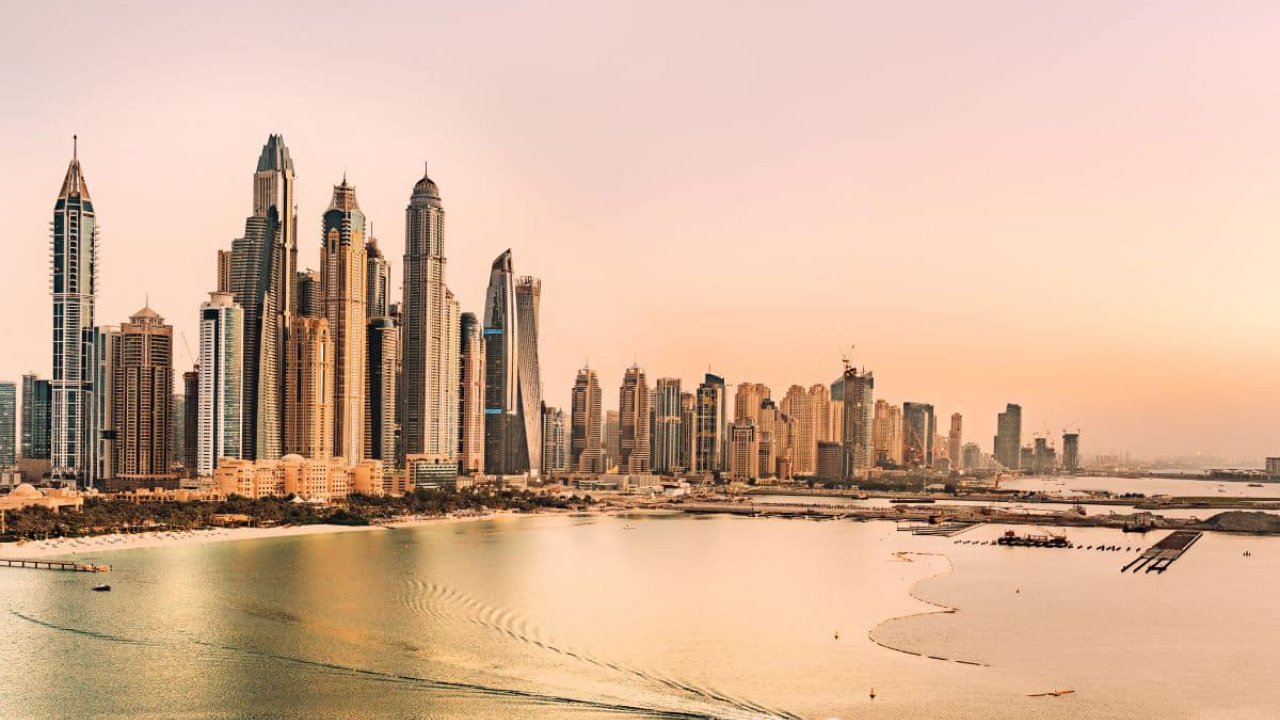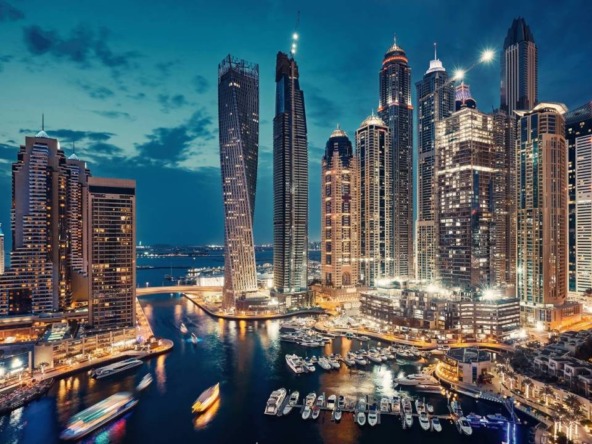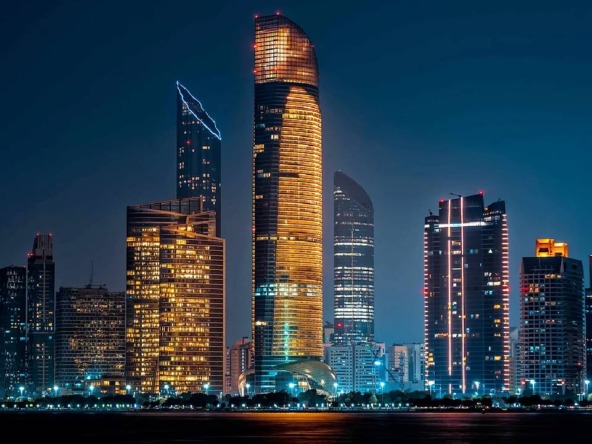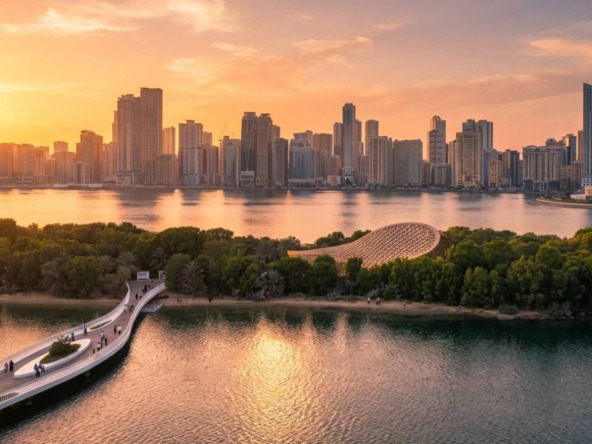Dubai’s real estate market has maintained impressive momentum through 2025, powered by a dual engine of record off-plan activity and a decisive shift toward homeownership among residents. Fresh data shows transactions accelerating despite August’s seasonal slowdown, underscoring the city’s appeal to both international investors and long-term residents.
Momentum builds despite summer
From May to August, citywide transactions jumped 26% compared with the first four months of the year, according to eXp Dubai. Dubai Land Department data shows 75,519 deals in May–August versus 60,110 in January–April. While activity eased 4.5% from July to August due to the summer lull, the broader trend remains firmly upward, supported by robust domestic demand and sustained foreign capital.
Off-plan dominates as developers entice buyers
Off-plan sales accounted for 58% of transactions in May–August, up from 52.7% earlier in the year, highlighting strong demand for new launches. Flexible payment plans, attractive entry pricing, and developer-backed instalment options continue to draw buyers, particularly international investors seeking capital growth and yield.
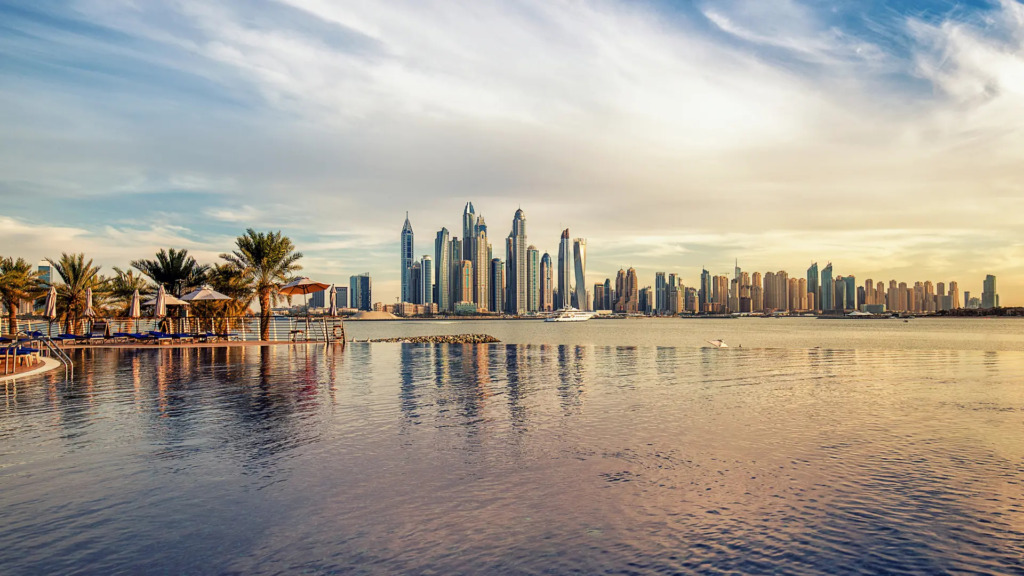
Tenants turn buyers as ownership trend strengthens
In the first eight months of 2025, secondary-market sales climbed 22% year-on-year, according to Engel & Völkers Middle East—clear evidence that more tenants are becoming homeowners. Rising rents, competitive mortgages, and greater long-term commitment to Dubai are key drivers. As Daniel Hadi, CEO of Engel & Völkers Middle East, notes: “For many tenants, ownership is no longer aspirational; it’s becoming the preferred choice for long-term security and value creation.”
August sets new benchmarks—bigger homes lead
August registered 17,879 transactions worth Dh42.4 billion, with volumes up 17% and values up 12% year-on-year. Off-plan made up nearly three-quarters of all sales, up 25% from last year, while resale activity also strengthened. Family-sized homes saw standout demand, with four-bedroom sales up 70% and five-bedroom-plus up 63% year-on-year.
Prices rise across villas and apartments
Average values reached Dh1,664 per square foot in August, 16.3% higher than a year earlier (Property Monitor). Lifestyle villa communities continued to outperform, led by Victory Heights (+37%), Dubai Hills Estate (+26%), and Arabian Ranches (+23.2%). Apartments also posted strong gains, with Jumeirah Village Triangle up 29.3% and Jumeirah Village Circle up 17%. Analysts attribute resilience to rapid population growth, constrained supply in mature communities, and Dubai’s reputation as a global safe-haven.

Yields remain among the world’s strongest
In August, average gross rental yields stood at 6.76%—apartments at 7.12% and villas at 4.92%—comfortably ahead of many prime global cities including London (3–5%), Singapore (3–4%), and New York (5–7%). With leasing volumes down 4% year-to-date and new contracts down 14%, more residents are purchasing to hedge against rent inflation.
Who’s buying—and how they’re financing
Demand spans both international investors and local residents. Indian, British, German, Egyptian, and Chinese buyers remain highly active in the off-plan segment, while domestic purchasers drive resale momentum. Mortgages play a growing role with 70–80% loan-to-value ratios and rates around 3.9%, among the most competitive globally. Cash buyers and developer instalment plans continue to underpin off-plan demand.
First-Time Home Buyer Programme lowers barriers
Launched in July by the Dubai Land Department and the Department of Economy and Tourism, the First-Time Home Buyer Programme gives eligible Emirati and expatriate buyers priority access to launches, preferential pricing, and bespoke mortgage options. Leading developers—including Emaar, Damac, Binghatti, and Danube—have pledged to allocate at least 10% of new units priced below Dh5 million to first-time buyers. Banks such as Emirates NBD, Dubai Islamic Bank, and Mashreq support the scheme with lower rates and faster approvals. The initiative aligns with Dubai’s Real Estate Strategy 2033 and the D33 agenda to boost homeownership and double GDP.
Outlook: From cyclical play to long-term growth story
Market watchers expect 2025’s two growth pillars—strong global appetite for off-plan projects and rising resident ownership in the resale market—to remain in place through year-end. With population growth, competitive mortgages, and government-backed programmes reducing entry barriers, Dubai is increasingly seen as a durable real estate market, not merely a short-term investment cycle. As Daniel Hadi adds: “Dubai’s property market is no longer just about short-term investment cycles… It is increasingly about residents choosing to establish roots here—buying homes for security, lifestyle, and long-term value creation.”
What this means for buyers and investors
- End-users: Consider lifestyle-led villa communities and large-format homes where demand is outpacing supply.
- Investors: Off-plan offers flexible payment plans and potential capital appreciation; apartments continue to deliver strong yields.
- First-time buyers: Leverage the new government programme for priority access and preferential financing.
- Financing: Lock in competitive rates (~3.9%) and evaluate 70–80% LTV options to optimise cash flow.
FAQs
- Is 2025 a good time to buy property in Dubai?
Transactions and prices are rising, yields are strong, and first-time buyer incentives are live. Align timing with your budget, horizon, and community preferences. - Are off-plan properties a smart investment right now?
Off-plan accounted for 58% of recent sales and nearly three-quarters in August, supported by flexible plans and attractive launch pricing. Assess developer reputation, handover timeline, and exit strategy. - What are current rental yields in Dubai?
Average gross yields are about 6.76% overall, 7.12% for apartments and 4.92% for villas—above many prime global markets. - Which communities saw the fastest price growth?
Villas: Victory Heights (+37%), Dubai Hills Estate (+26%), Arabian Ranches (+23.2%). Apartments: Jumeirah Village Triangle (+29.3%), Jumeirah Village Circle (+17%). - How are mortgage terms shaping buyer demand?
Mortgages with 70–80% LTV and rates around 3.9% are pulling tenants into ownership, especially when paired with developer incentives. - What does the First-Time Home Buyer Programme include?
Priority access to new launches, preferential pricing, and tailored mortgages. Developers are reserving at least 10% of sub-Dh5m units; major banks offer lower rates and faster approvals.

